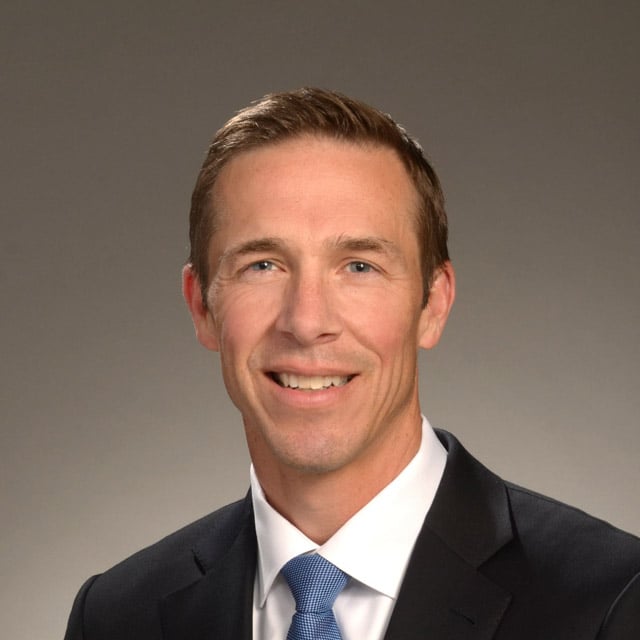The latest episode of the Kitces.com podcast series features Lisa Brown, a partner and wealth advisor at CI Brightworth, offering advice about the pillars of professional networking and practice development that any successful financial advisor must know.
1. Be Open to Established Networking Groups

Early in her career, Brown joined a formal Business Networking International group, and she says up-and-coming advisory professionals should consider doing the same.
"That was a great way to start making key connections," Brown says. "I was going to networking breakfasts and dinners, just really trying to be out there in the community as much as possible and meeting people."
BNI and similar organizations bring together small groups of professionals with the goal of sharing ideas, business leads and referrals. In Brown's group, she was the financial advisor, and there was also a real estate agent, a certified public accountant, a lawyer and various other professionals, including a property and casualty insurance agent and some small business owners.
"You meet regularly, and you're all responsible for helping one another grow your businesses and hopefully pass referrals back and forth," Brown explains. "I did well in that group. I was able to make good relationships with the individuals in that group and help grow my book."
(Image: Adobe Stock)
2. Be Mindful of the Referrals You Make

One thing Brown started to realize pretty quickly was that whoever one refers a client to is a reflection of oneself. Making a referral that works out swimmingly is one of the surefire ways to build credibility with clients, while sending them to the wrong professional does just the opposite.
"And so, you need to be careful about the referrals you are making, because if it doesn't work out, it can reflect poorly on you," Brown warns.
(Image: Shutterstock)
3. Embrace Your Niche

As Brown retells, Brightworth was started by two original leaders in the 1980s, Dave Polstra and Chris Dardaman. They targeted a clientele that was almost exclusively corporate executives of Fortune 500 companies — and in particular executives from Coca-Cola.
Over the years, the firm became known for this focus, such that most of its clients were corporate executives. The firm's reputation built upon itself, Brown explains, and today one of the firm's main four niches remains corporate executives.
"[Having this focus] really helps to drive your messaging much more clearly and find the clients you are looking to work for," Brown says. "Clients can see that you work with people like them, and your messaging is a little bit more targeted."
To ensure this niche remains vibrant, Brown explains, the firm puts a lot of effort into training its planners and younger advisors on the technicalities of working with corporate executives, and it puts out a significant amount of thought leadership content with this focus in mind.
(Image: Shutterstock)





